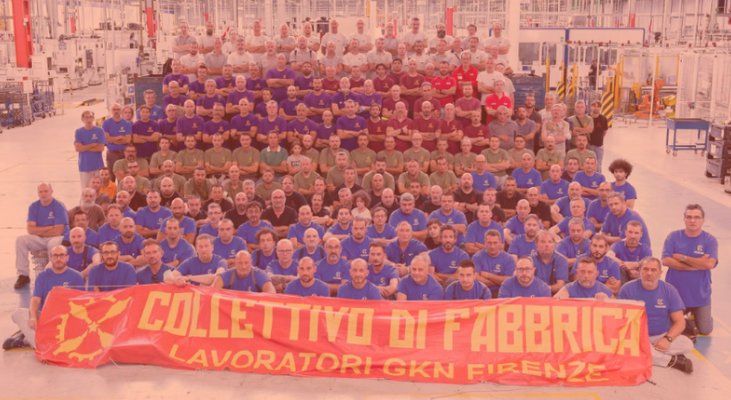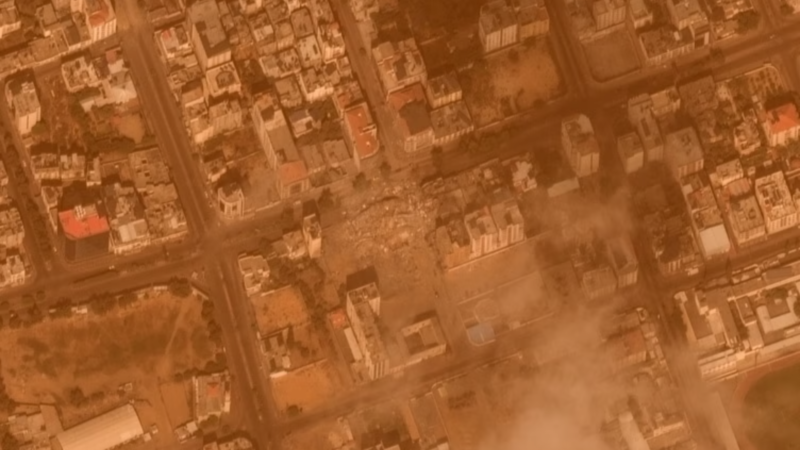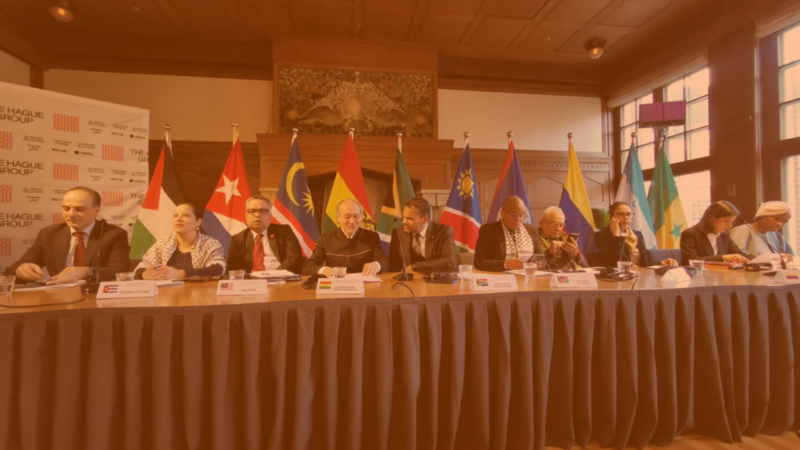“Do you feel Portuguese?” It’s a question that comes my way rather often. I feel like anybody does, while maintaining an insight only true of someone brought up in northern Portugal, is usually my answer. From the moment we are born, we are completely unaware of who we are going to become. We are all products of prior causes, and we all belong equally to this world. We are all the same and different at the same time. And with each second that passes, we are in the process of becoming that which we don’t yet know.
What I do know, however, is that I am no Cristiano Ronaldo, or Jose Mourinho, and potentially unlike the majority of Portuguese people. The only common denominator being that I too was brought up facing the freezing Atlantic; whether I feel Portuguese or not doesn’t really matter.
Why is Portugal Day celebrated?
Yet today the Lusophone world celebrates its national holiday in memory of the grand poet Luís de Camões, amidst the yearly ceremony carried out by the Head of State. In truth, much is not known about Camões, aside from some generally accepted facts.
One of these facts is that he lost his right eye in a naval battle in the Strait of Gibraltar sometime between 1547 and 1549. A year later in 1550, upon returning to Lisbon, he enlisted as a soldier in order to travel to India. However, around this time, he got into an altercation with a certain Gonçalo Borges (an employee of the Royal Palace) during a Corpus Christi procession, whom he wounded with a sword. For this he was sentenced to prison, but was later pardoned and released by royal order on March 7, 1553.
Shortly after, on March 24, 1553, he finally set sail to India. His last words, he says in a letter, were those of Scipio Africanus, “Ingrata patria, non possidebis ossa mea” (Ungrateful fatherland, you will not possess my bones). Camões, who had lost one eye fighting in Ceuta, wrote his magnum opus The Lusiads while travelling to and from India, and survived a shipwreck somewhere in present-day Vietnam.
True or not, legend has it that he saved his epic poem by swimming with one arm ashore while keeping the other one holding the manuscript above water. His date of birth is unknown so instead his death is celebrated as Portugal’s National Day.
When he returned to Portugal in 1570, he presented The Lusiads to King Sebastian, who was still a teenager. Sebastian ordered the work to be published in 1572, and granted a small pension to “Luís de Camões, noble knight of my House”, in payment for services rendered in India. Although a good amount at the time, by all accounts the amount was paid irregularly which led to material difficulties. So he spent his last years living in a room in a house near the Convent of Santa Ana, “without a rag to cover him”. He was ultimately killed by the bubonic plague, taken to hospital and buried in a shallow grave in the cemetery of the poor in the same hospital. This was June 10, 1580.
After the 1755 Lisbon Earthquake, several attempts were made to locate Camões’ remains. However, none of those attempts succeeded. How ironic then that his words upon departing from Portugal in 1553, “Ungrateful fatherland, you will not possess my bones” ended up becoming his most prophetic ones. The bones deposited in 1880 in a tomb in the Jerónimos Monastery belong, most likely, to someone else.
However, his death coincided with the Portuguese succession crisis of 1580 that eventually resulted in Philip II of Spain claiming the Portuguese throne, after the death of young King Sebastian I of Portugal in the Battle of Alcácer Quibir in 1578. This prompted a dynastic crisis with internal and external battles ensuing between several pretenders to the Portuguese throne. As a result, Portugal was ruled by three generations of Spanish kings during the Iberian Union (1580-1640), only regaining independence by expelling the Spanish during the Portuguese Restoration War, making John of Braganza, a city not far from my own, King John IV of Portugal.
When Portuguese seafarers went in the ‘discovery’ of the world, a term used to glorify Portuguese conquests for the world already existed and was not in need of discovery, they set in motion the process of globalising hearts and minds. These heroes of ‘empire’ have been hailed as martyrs, as individuals who gave everything for Portugal’s identity on the world stage. But look where that got them? Camões lost one eye, barely survived a shipwreck thousands of miles from his homeland and nearly died saving his greatest work.
For someone with this kind of pedigree for survival, giving Bear Grylls a fair run for his money, it is easy to see why he’s pedestalled as the greatest Portuguese man of all time, except it was the 20th century dictator António de Oliveira Salazar who won the popular award in 2007 and not Camões himself (who came fifth). Salazar was never too concerned with using Camões as a symbol of national pride and nor do any Portuguese leaders since him. Camões has always and will always be, even if glorified as a superhuman, a source of pride for the Portuguese.
Just like with any symbol, Camões was not simply used for patriotic purposes due to the quality and significance of his work. He was first used as a symbol by the authoritarian Estado Novo regime of Salazar to advance their own interests. It was in 1944 at the National Stadium in Oeiras (near Lisbon) that Salazar referred to June 10 as the Dia da Raça (Day of the Portuguese Race). And it was this idea of a ‘Portuguese Race’ which served Salazar’s nationalist purposes. During the Carnation Revolution in 1974, the national holiday was officially suspended, but resumed later to include Portuguese communities around the world.
Portuguese leaders, whether Salazar or prime ministers and presidents elected after 1974, like to use Portugal Day as a chance to proclaim the need for the Portuguese to remain hopeful. Hope, they say, is necessary in times of crisis. Indeed, hope can be a powerful tool to motivate the most oppressed. But let us retrace these calls for hope and find out why exactly they are being made by people with little need of it.
For a day that saw the death of Portugal’s literary master, so profoundly admired that the language is named after him, it’s quite disturbing to see President after President calling for the people to be hopeful. After all, they are one of the main reasons why that hope was taken away from them in the first place. Those included in the assault were my parents and broader family. I am, of course, referring to the neoliberal assault that government after government saw fit to carry out, and nobody really managed to prevent.
In times of desperation and hopelessness, people like to remember figures of enlightenment from a time when shores appeared obscure. The same prescription is granted every year, ‘when times are tough sacrifices must be made’. I don’t think people’s judgement is particularly cloudy so as to necessarily disagree with that statement, so often proclaimed by the political class of today’s World, but sacrifices for whom exactly?
Calls for hope by a political Establishment which has robbed people of their hope, is like beating someone with a stick and telling them to hope for it to end. Or pushing through salary cuts and telling people to hope for increases. Or underfunding and privatising hospitals and telling people to pray for better days. It is simply a weapon used by leaders to bring people together, make them feel proud for a day, and then continue with the daily beatings. And then they are either forgotten, or appropriated to advance the interests of the perpetrators.
Camoes’ bones were never found and Portugal has long since lost its power on the world stage. But that hasn’t stopped Portuguese leaders from inciting nationalism, not because they truly care about his work, but because his work symbolises the very last moment of Portuguese supremacy on the world stage. And the rest is history, as they say.
Do you want to be informed of DiEM25's actions? Sign up here















